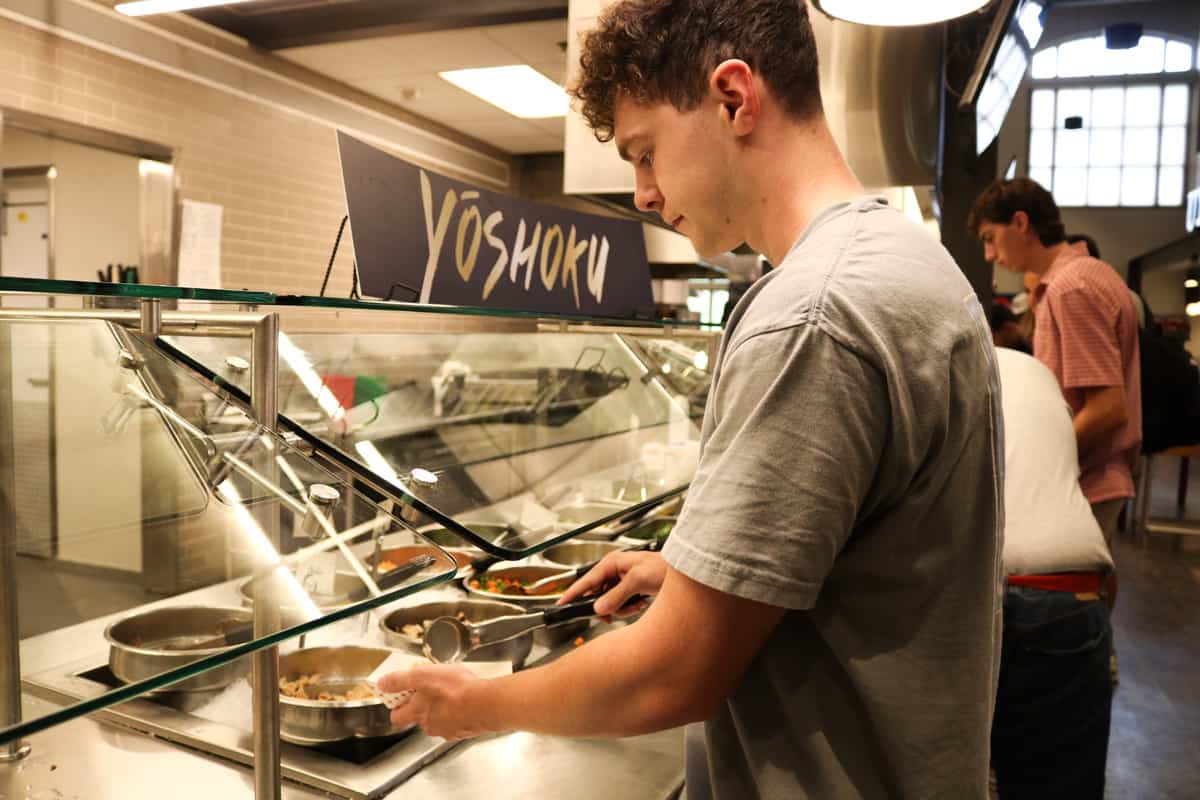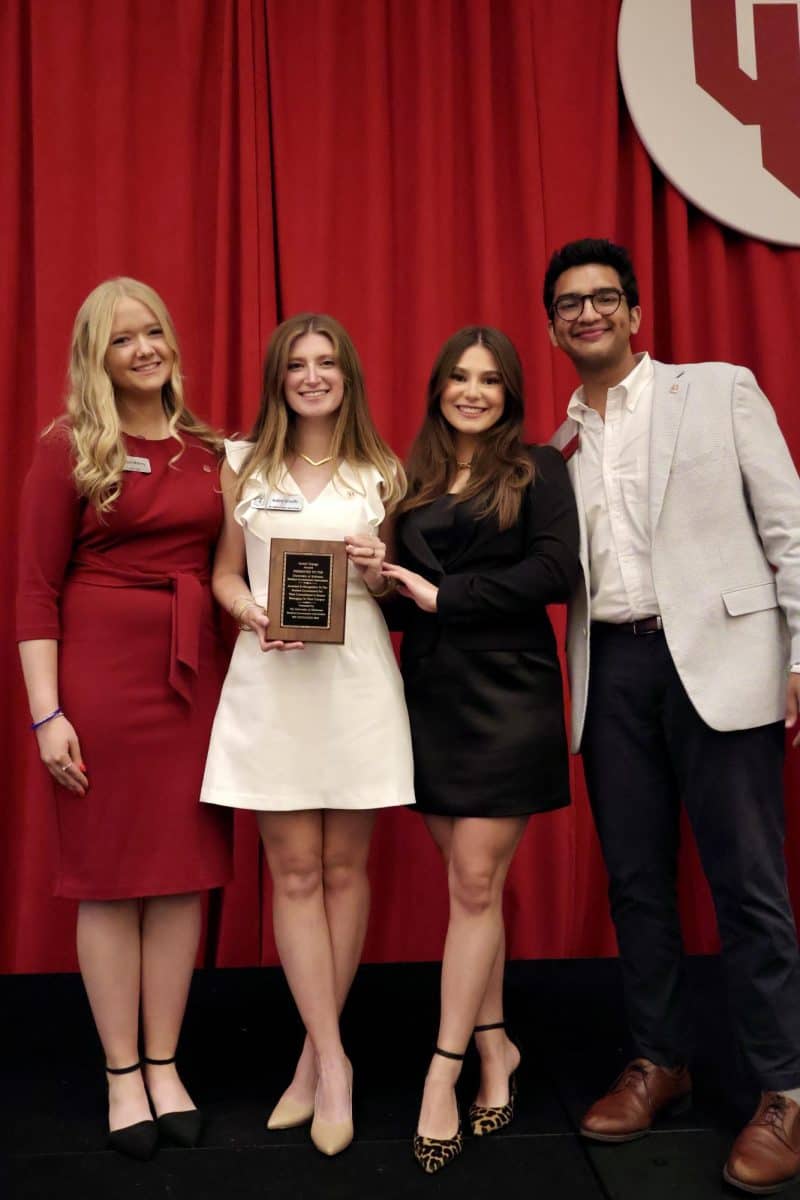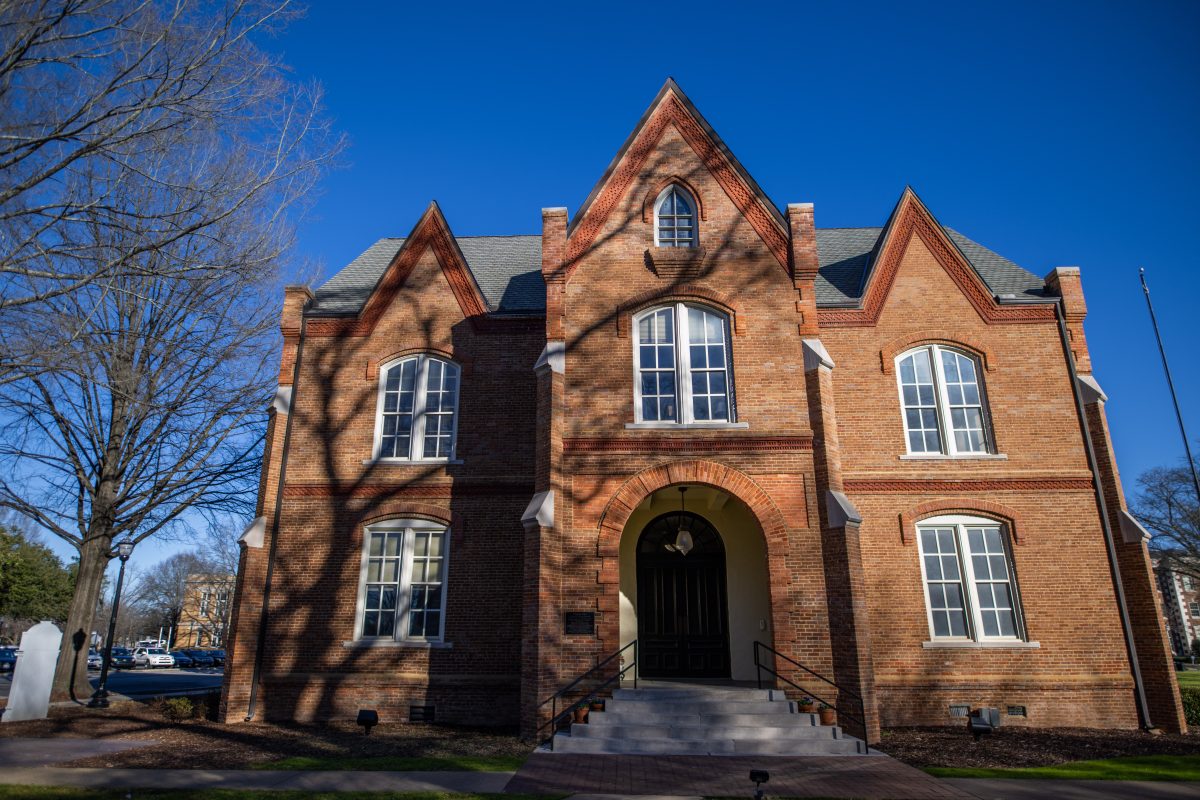Josha Charlery, a senior majoring in studio art, said she has struggled with being food insecure and relied on Student Care and Well-Being for extra meals and other necessities, like detergent, soap and toothpaste.
Charlery said she is back on campus working as an RA this year, so it’s easier for her to have access to food now.
“Luckily, I’m getting a stipend, but it’s still a little frustrating, especially since I had to come on campus earlier for RA training,” Charlery said.
Since she had to be on campus two weeks before classes began, Charlery said she’s already used several of her meal plan swipes and Dining Dollars. She also said she wasn’t able to go grocery shopping before school started, because she did not receive her stipend until the end of August.
College campuses have seen an increase in food insecurity after COVID-19, and The University of Alabama’s students are no exception to this struggle.
The U.S. Department of Agriculture defines food insecurity as “a lack of consistent access to enough food for an active, healthy lifestyle.”
In the most recent survey from Temple University’s Hope Center, which used data collected in fall 2020, 39% of students at two-year institutions and 29% of those at four-year institutions had experienced food insecurity within the past year.
Jean Rykaczewski, CEO of the West Alabama Food Bank, said food insecurity is a real problem for many students, including those at the University.
“What we do know is student hunger is real,” Rykaczewski said. “We’ve known that here for a while when we started opening food pantries on different campuses, like [the University of West Alabama] and UA.”
The food bank has partnered with colleges in nine different counties, including The University of Alabama and Shelton State Community College.
“Bigger colleges like The University of Alabama tried to deny it for a while, saying, ‘We don’t have hungry people here.’ Like, statistically, you do,” Rykaczewski said.
Rykaczewski said the food bank worked with the University to move the campus food pantry from the Student Recreation Center to a more centralized, less conspicuous location in the Student Center.
“What we found is that college students don’t want other college students to know that they’re hungry,” Rykaczewski said.
As a former student-athlete who struggled with food insecurity at the University due to her packed schedule, Rykaczewski said she understands the struggles students are facing.
“Because of my personal schedule in college and being an athlete in college, there wasn’t a lot of time to eat; I dropped a lot of weight,” Rykaczewski said.
Brodie Frew, a senior majoring in biology and chemistry, said he had a meal plan his freshman and sophomore years, but ended up using delivery services like DoorDash when dining halls were closed.
Kristina Patridge, director of University Dining Services, said in an email that Bama Dining is working to provide students with affordable meal options.
Patridge said Bama Dining works with Student Care and Well-Being to provide students with donated meals through the Got Meals? Program.
The program allows students to donate individual meals, and, “through a partnership with SGA two years ago, students may now donate the unused balance of their meal plans at the end of the Spring term,” Patridge said in her email.
Rykaczewski said the meal swipe donation program at the University helps combat the issue of student hunger.
“They donate their meals back and then people who need meals can go and get a gift card with meals on them,” Rykaczewski said.
Patridge said in her email that Bama Dining is in the process of applying to accept Supplemental Nutrition Assistance Program benefits at Union Market in the Student Center.
She added that Bama Dining partners with organizations on campus to help combat food insecurity, including the Out 2 Lunch program, the UA Student Life Campus Food Pantry and Beat Auburn Beat Hunger.
Rykaczewski said many students struggling with food insecurity on campus include first-generation students and students who rely on Pell Grants and have to work to maintain their grants.
“We have found that by midterms, and then finals, they start to become more hungry because they aren’t able to work as many hours because that’s what usually pays their rent or food,” Rykaczewski said.
Sometimes Charlery goes without eating or eats only a simple snack, like a fruit cup, in place of a meal to save her meal swipes. Her current meal plan comes with only 125 swipes per semester.
“Once you do the math, it’s kind of like one meal a day in the dining hall,” Charlery said.
Lakeside Dining Hall and Mary B’s Market and Deli are open seven days a week, but without a car, Charlery has limited access to dining locations, especially off campus. On the weekends, Charlery said she tries to distract herself from her hunger by studying and sleeping, since the only dining halls that are open are a considerable walk from her dorm.
While Lakeside and Mary B’s are open on the weekends, Fresh Food Company closes on Friday afternoon and doesn’t reopen until Monday morning.
Frew and Charlery both said they’d like to see more options throughout the day at the dining halls, such as a wider variety of protein, raw vegetables and fruits.
Rykaczewski said that her own father didn’t believe college students were facing food insecurity until he started helping with a local church ministry.
“He started doing midterm and finals goodie bags and he saw how real it was,” Rykaczewski said. “Kids would come up and [say], ‘Oh, I don’t have any more food for the rest of the week,’ because meal plans have ended, or they’ve used them all up.”
Bayley St. Clair, a 2023 UA graduate and church property manager for Canterbury Chapel Episcopal Church on campus, said her church runs a food pantry called Deacon’s Deli through a partnership with the West Alabama Food Bank.
St. Clair said that Deacon’s Deli operates on a client-choice model.
“I think it does a great job of humanizing people who suffer from food insecurity,” St. Clair said.
Students struggling with food insecurity can visit www.westalabamafoodbank.org to find partnering locations near them.







